When did you join the Irish civil service?
I went straight from school in 1979, joining the Department of Justice, then moving to the office of the Revenue Commissioners. There I was involved in the implementation of betting tax legislation which, by the way, was also the subject of my master’s degree thesis. I moved on to the Department of Agriculture, Food and Forestry as it was known then.
What did you do in the Department?
I joined at the time EU farm supports moved to direct payments for farmers through the McSharry reforms and was given the job of getting the payments out to farmers.
It was a massive challenge to set up from scratch but it was and remains an area of Government that performs well.
I also picked up on an idea from the Revenue Commissioners who addressed tax queries at the annual Ploughing event.
In 1994, the Department of Agriculture brought the computers along and invited farmers on to the stand with problems for investigation on the spot. This service is a feature of the stand at the Ploughing since.
Tell us about your move into the diplomatic world?
In 1998, I was moved to the World Trade Organisation (WTO) in Geneva where I remained for seven years. This was a particularly exciting time in global trade negotiations, with the WTO itself only in existence for a few years.
The attack on New York in 2001 preceded a major agreement in Doha, which was an international response to the threat from terror.
One area in which I feel the EU was soft in negotiations was the unilateral offer to withdraw use of export refunds without getting anything in return by way of market access.
This has left EU exporters particularly exposed to currency devaluations in other parts of the world.
Back to Dublin, then Brussels
From 2004 to 2014, I was based in the change management team of the Department of Agriculture, Food and the Marine and probably most remembered for closing 42 out of the 58 local offices as technology was replacing the need for physical presence on the ground.
The opportunity came to move into the Irish representation to the EU in November 2014 with responsibility for making sure Irish farmer interests were represented to other countries, as well as to the EU institutions.
My time there was book-ended with CAP rounds and while they haven’t been as generous financially as farmers would have wanted, we held on to what we had in the budget.
What about Brexit?
My view is that it is a great mistake by the UK with a serious knock-on effect on Ireland. When making my final remarks in my last meeting in Brussels, I spoke of the EU being the world’s greatest peace project, unaware John Hume had beaten me to it for using that phrase. The EU has shown tremendous solidarity with Ireland so far and we need to make sure that remains in what will be challenging times ahead.
What’s next?
After the summer break, it is back to the Department in Kildare Street when I will learn what is next. It has been a great journey so far and I look forward to the next chapter.



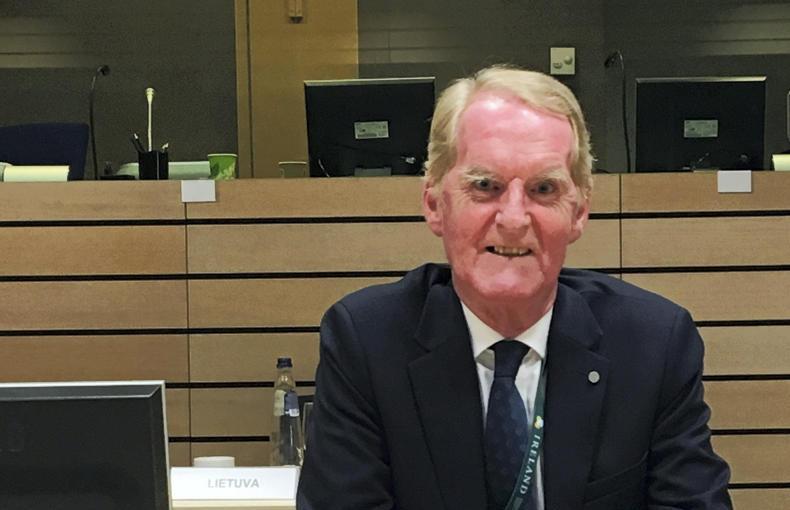

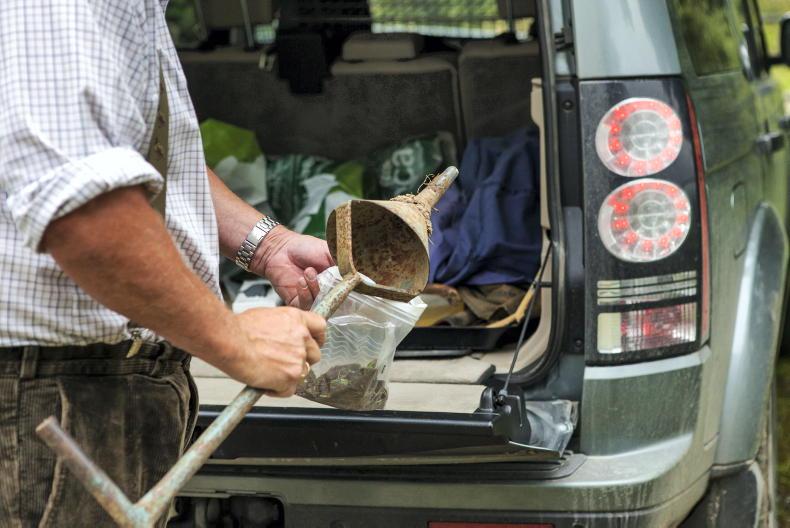
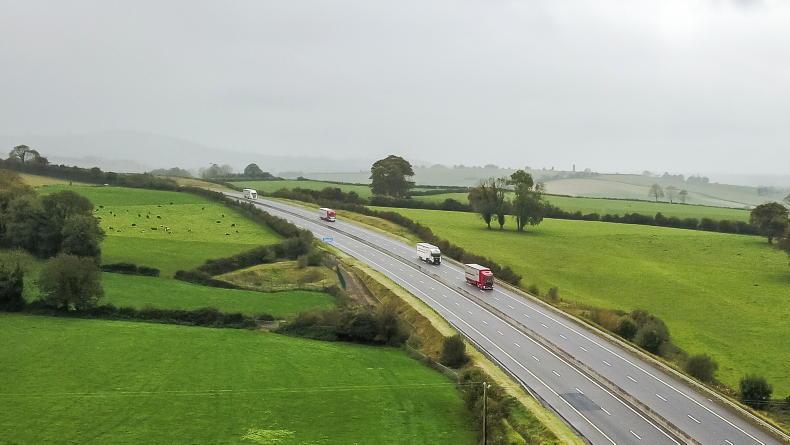
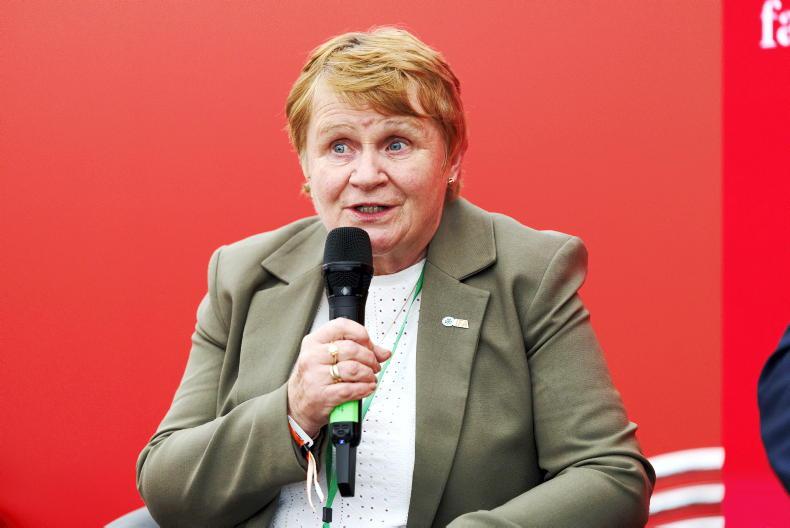
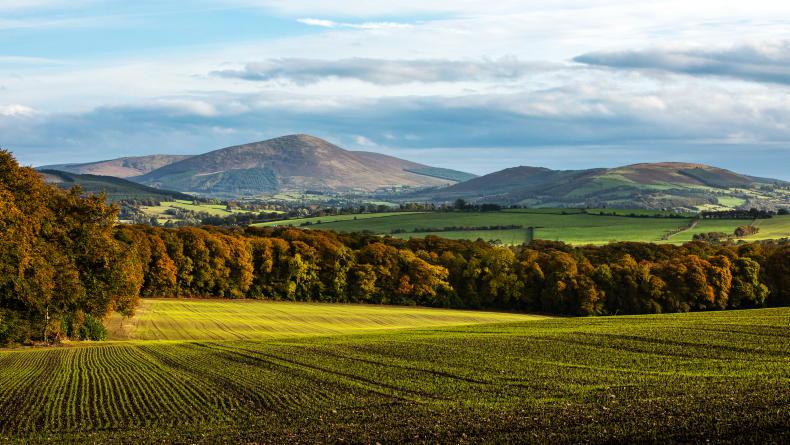
SHARING OPTIONS